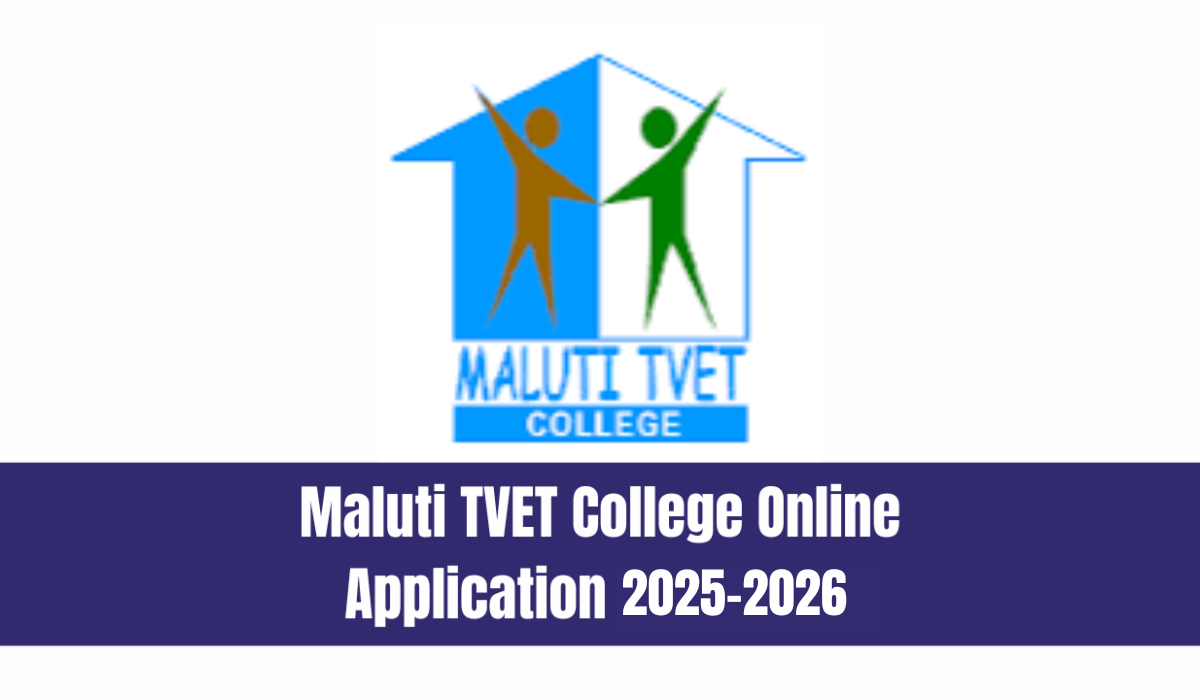TVET And STEM Education Are Crucial In Africa

TVET And STEM Education Are Crucial In Africa. At the recently concluded China-Africa TVET Cooperation Consortium Annual Conference 2024, and the China-Africa-UNESCO High-Level Dialogue on Cooperation in Education and Cultural Heritage Protection, held in Beijing, an important discussion took place about the future of education in Africa. As a representative of the Commission for Technical and Vocational Education and Training (TVET), I had the opportunity to engage with key stakeholders and witness firsthand the urgent need for Africa to prioritize TVET and Science, Technology, Engineering, and Mathematics (STEM) education.
The event, themed “Partnering for a Shared Future – Empowering TVET Development through Collective Effort,” brought together over 80 distinguished guests, including government officials, academics, practitioners, and representatives from China-Africa TVET Cooperation Consortium (CATCC) member institutions. It served as a reminder of the importance of TVET and STEM in fostering economic growth and development in Africa.
China Success with TVET: A Blueprint for Africa
One of the standout presentations during the conference revealed that China has over 8,000 TVET institutions, producing more than three million graduates annually. This accounts for about 70% of the country’s total graduates each year. China’s rapid technological and economic growth can be attributed in large part to its substantial investment in TVET.
There’s a famous saying: “Teach a man to fish, and he will eat for a lifetime.” This phrase captures the essence of TVET. It’s not just about providing people with skills; it’s about equipping them with the ability to innovate, problem-solve, and adapt to changing circumstances. TVET transforms individuals from being passive human capital into dynamic human resources capable of driving change.
For Africa, emulating China’s model can lead to similar successes. Africa’s growing population and abundant natural resources present an opportunity for significant economic transformation. However, this can only be achieved by investing in the education and skill development of the youth.
The Role of TVET in Africa Economic Development
Africa’s development is at a crossroads. With youth unemployment rates high and the demand for skilled labor increasing, it’s clear that traditional academic pathways are no longer sufficient. TVET offers a practical solution by providing students with the hands-on skills needed in various industries, from agriculture to engineering, to technology.
China’s collaboration with Africa is aimed at enhancing student skills through TVET, positioning it as a key driver for Africa’s growth. The alignment between Africa’s need for skill development and China’s vast experience in TVET makes this partnership a powerful one.
Over the past seven years, Ghana has made significant investments and introduced transformative policies to elevate the status of TVET in the country. By focusing on skills training, Ghana is setting an example for other African nations to follow.
As UNESCO Director-General Audrey Azoulay rightly pointed out, Africa must rethink its approach to education, placing greater emphasis on STEM and TVET to equip the next generation with the skills needed for a rapidly evolving global economy.
STEM and TVET: A Perfect Synergy
The synergy between STEM and TVET cannot be overstated. While STEM education focuses on developing critical thinking and technical knowledge, TVET provides the practical skills needed to apply that knowledge in real-world scenarios. Together, they create a holistic approach to education that prepares students to meet the challenges of the modern workforce.
Dr. Kwame Nkrumah, the first President of Ghana, once said, “We want thinkers of great thoughts, doers of great deeds; we need lectures, theories, knowledge, but we must blend these with hands-on application and skills training.” His words are more relevant today than ever. The future of Africa’s development lies in its ability to produce not only thinkers but also doers—individuals who can translate theoretical knowledge into practical solutions.
STEM subjects such as engineering, mathematics, and science are essential in addressing Africa’s infrastructural and technological gaps. However, without the practical application of these skills through TVET, the continent risks remaining on the sidelines of global development. By prioritizing both STEM and TVET, Africa can harness the full potential of its youth and drive sustainable growth.
The Power of Partnerships
One of the key outcomes of the visit to China was the signing of a Memorandum of Understanding (MoU) between Zhejiang Polytechnic University of Mechanical and Electrical Engineering (ZIME) and Bolgatanga Technical University in Ghana. This partnership reflects the importance of collective effort in achieving long-term development goals.
As the African proverb goes, “If you want to go fast, go alone; if you want to go far, go together.” This collaboration exemplifies the power of partnerships in addressing the challenges facing TVET and STEM education in Africa. By working together, African nations can pool resources, share best practices, and build stronger institutions capable of delivering world-class education and training.
This MoU marks a significant step forward in Africa’s journey toward improving its TVET system. It underscores the role of international partnerships in strengthening educational frameworks, expanding access to skills training, and enhancing student mobility across borders.
A Call to African Leaders
In my view, there is a clear call for African leaders to prioritize the development of TVET and youth skills for the long-term progress of the continent. Governments must allocate more resources to TVET programs, improve infrastructure, and incentivize students to pursue careers in technical fields. Without this commitment, Africa will struggle to keep pace with the rapid technological advancements seen in other parts of the world.
By investing in both STEM and TVET, Africa can build a resilient workforce capable of solving the continent’s most pressing issues, from energy shortages to food security, to digital transformation. African youth, who make up a significant portion of the population, hold the key to unlocking the continent’s potential. But for them to succeed, they need access to quality education and training that prepares them for the demands of the 21st century.
Conclusion
The 2024 China-Africa TVET Cooperation Consortium and UNESCO High-Level Dialogue highlighted the critical role that TVET and STEM education must play in Africa’s future. As the continent faces economic, technological, and environmental challenges, prioritizing skills development through these educational pathways is essential.












